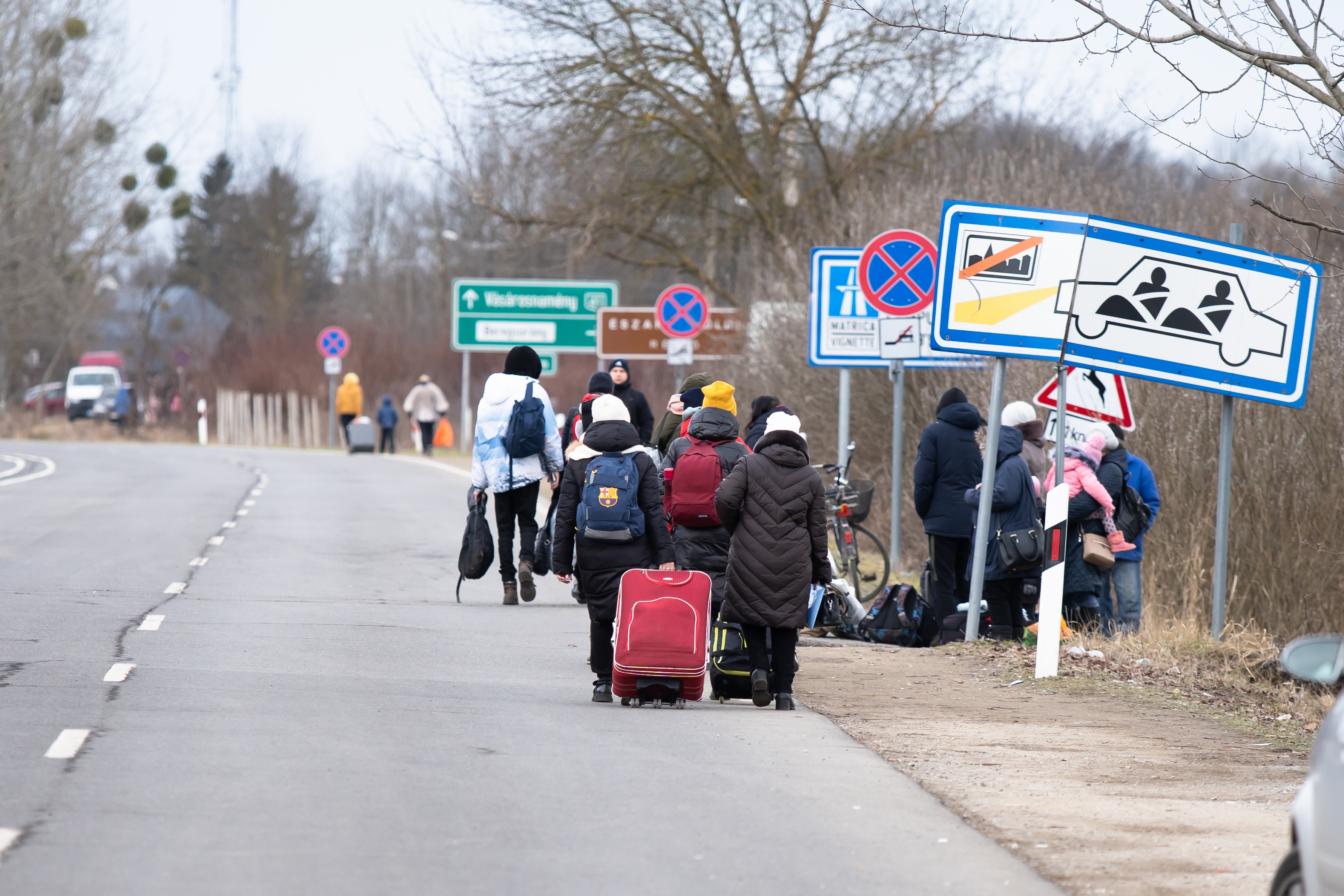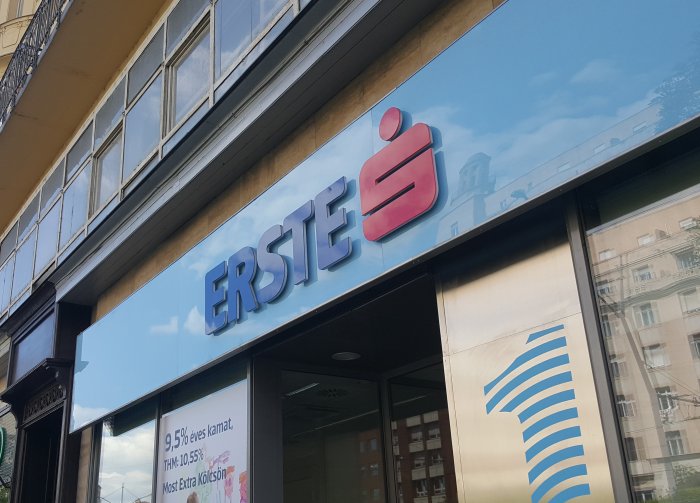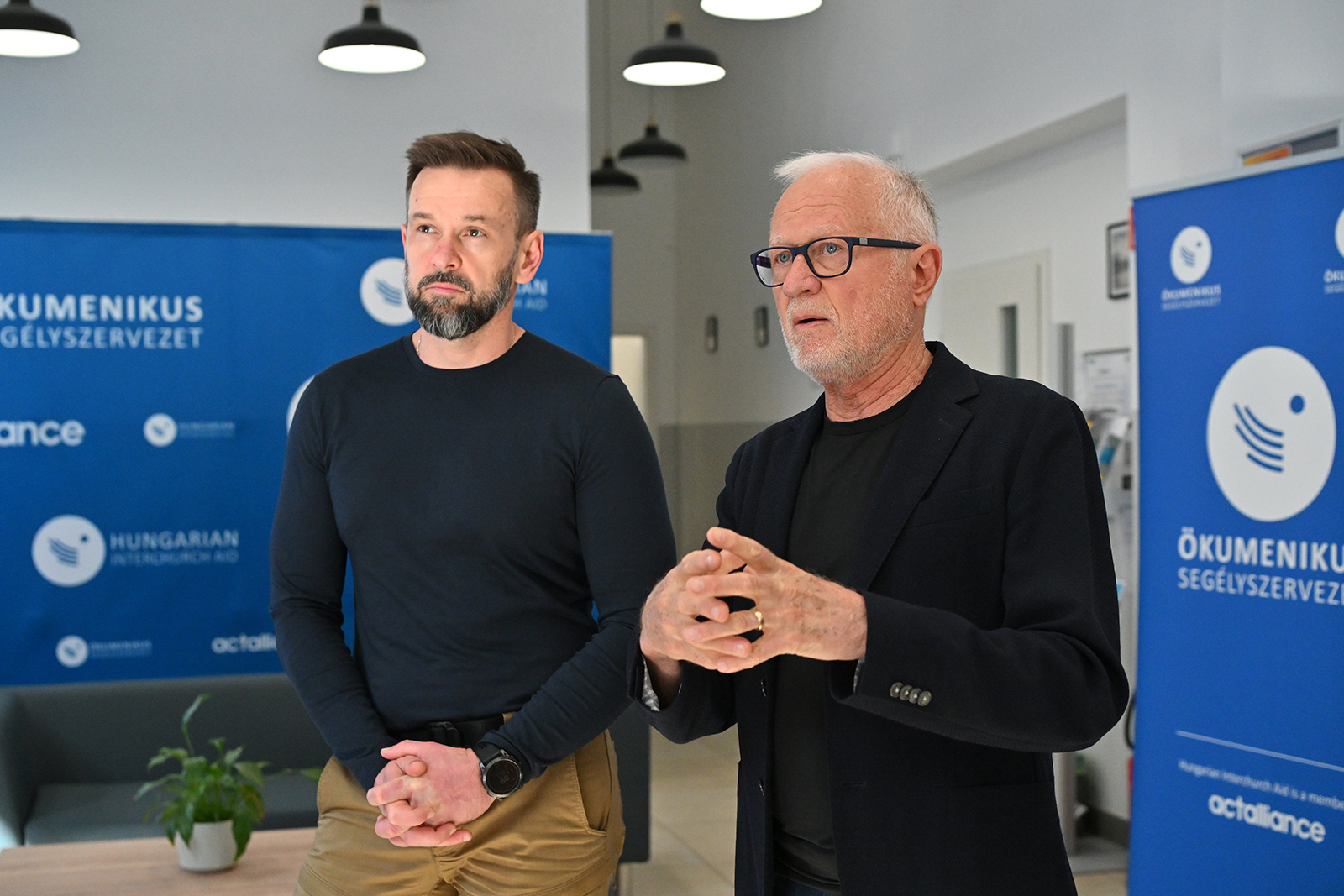IOM Research Reveals Integration Challenges of Ukrainian Refugees

Photo by Janossy Gergely / Shutterstock.com
According to the International Organization for Migration (IOM) more than 5.2 million people have been internally displaced in Ukraine due to the Russian invasion, and a further 6.2 million have fled to safety across international borders, such as Hungary.
“IOM Hungary has been supporting refugees arriving from Ukraine with vital assistance since February 2022. As of June 2023, IOM Hungary has supported more than 6,000 Ukrainians and third-country nationals with life-saving emergency assistance. This has been made possible by
understanding the mobility patterns; profiles, and the ever-evolving needs and challenges of refugees arriving, transiting and staying in Hungary,” shares Dániel Bagaméri, head of office at IOM Hungary.
IOM Hungary’s Displacement Tracking Matrix (DTM) examines a broad range of issues, and represents one of the largest research samples of Ukrainian refugees across Hungary. A statement shared by the IOM shares findings based on the answers of 413 respondents in areas such as their intentions to stay in Hungary, application for temporary protection (TP) services or a work visa, their top practical needs and areas of assistance in Hungary, as well as the most challenging aspects of inclusion.
“DTM findings have significantly contributed to designing adequate interventions that benefit not only the displaced, but also the host community affected by the humanitarian crisis,” adds Bagaméri.
Out of the respondents who already settled in Hungary by the time of the interview, the share of those registered for EU TP in the country increased to 84% in Q2 as opposed to 67% in Q1.
Some 44% of all Ukrainian respondents reported having no intention to move away from their current location, while 30% intended to move to another country. To a lesser extent, 11% considered returning to their place of origin within Ukraine, and 3% intended to move somewhere else within Hungary. Less than 1% wanted to return to a place different from their place of origin within Ukraine. Another 11% were unsure about their intentions to stay or move.
The DTM research was carried out between April and June 2023, two-thirds of which happened at the border train station in Záhony, and it revealed that some of the most pressing practical needs of these displaced persons upon arrival were perceived to be financial support and transportation. The share of those signaling a need for financial help has increased dramatically from 27% (Q1) to 51% (Q2).
Over half of respondents mention language as the most significant barrier to social inclusion, followed by financial issues, while the demand for information related to jobs and employment has doubled. Compared to Q1, there were fewer respondents citing the lack of long-term housing and access to social services as social inclusion barriers in Q2.
Based on the findings of the DTM Survey, a statement shared by IOM states that the organization aims to continuously identify the changing needs of the beneficiary populations. IOM has conducted over 1,630 interviews during the first half of 2023 to identify and assess the intentions, needs and integration challenges of people fleeing Ukraine.
SUPPORT THE BUDAPEST BUSINESS JOURNAL
Producing journalism that is worthy of the name is a costly business. For 27 years, the publishers, editors and reporters of the Budapest Business Journal have striven to bring you business news that works, information that you can trust, that is factual, accurate and presented without fear or favor.
Newspaper organizations across the globe have struggled to find a business model that allows them to continue to excel, without compromising their ability to perform. Most recently, some have experimented with the idea of involving their most important stakeholders, their readers.
We would like to offer that same opportunity to our readers. We would like to invite you to help us deliver the quality business journalism you require. Hit our Support the BBJ button and you can choose the how much and how often you send us your contributions.










